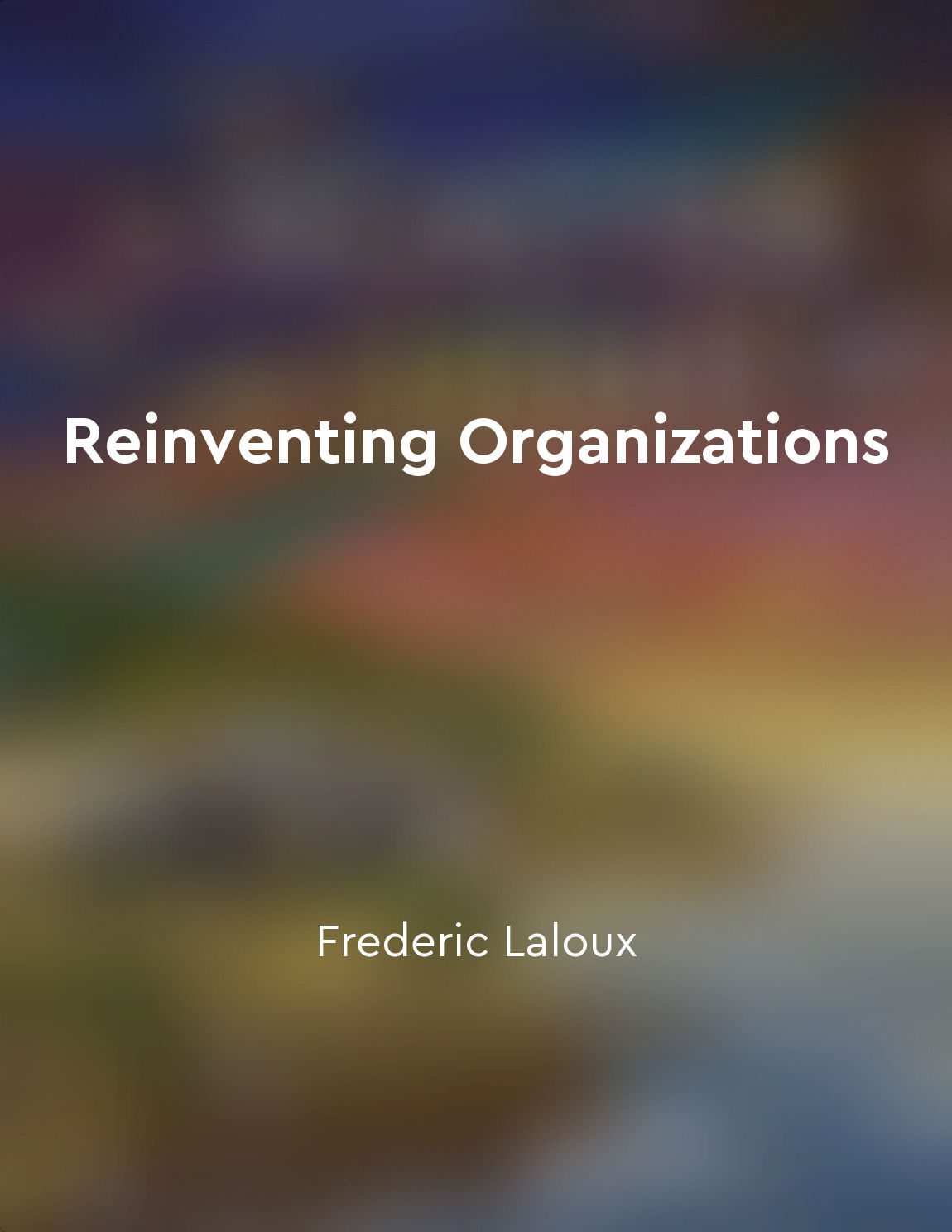Trust is the foundation upon which successful organizations are built from "summary" of The Speed of Trust by Stephen M. R. Covey
Trust is not some soft, social virtue that is nice to have. It is a hard-edged economic driver. It is the primary currency upon which all relationships and organizational success depend. In the absence of trust, all relationships break down. This breakdown increases costs and slows down the speed at which organizations can operate. On the other hand, high trust levels lead to increased speed and reduced costs. Trust is indeed the new currency of the global economy. Trust is not just a nice-to-have, but a must-have for organizations looking to thrive and succeed in today's fast-paced, competitive environment. Without trust, organizations struggle to maintain strong relationships with their employees, customers, and partners. This lack of trust leads to increased bureaucracy, lower productivity, higher costs, and slower decision-making processes. In contrast, organizations with high levels of trust experience greater innovation, collaboration, and efficiency. Trust is the foundation upon which successful organizations are built. It is like the air we breathe - essential for life and growth. Without trust, organizations cannot attract and retain top talent, build strong partnerships, or create a loyal customer base. Trust is the glue that holds organizations together, enabling them to weather storms, overcome challenges, and seize opportunities. Trust is not something that can be manufactured or bought. It must be earned through consistent behavior and actions over time. Trust is built on a foundation of credibility, integrity, and empathy. It requires leaders to be transparent, honest, and reliable in their interactions with others. Trust is a two-way street that requires both parties to be vulnerable and open to building strong, lasting relationships. Trust is not a one-time investment, but a continuous process that requires ongoing effort and commitment. It takes time to build trust, but it can be easily lost through a single act of betrayal or dishonesty. Trust is fragile and must be nurtured and protected at all costs. Organizations that prioritize trust will reap the benefits of increased loyalty, engagement, and performance from their employees, customers, and partners. Trust is the foundation upon which successful organizations are built. It is the key to unlocking the full potential of individuals and teams, enabling them to collaborate, innovate, and achieve extraordinary results. Trust is not just a nice-to-have, but a must-have for organizations looking to thrive in today's hyper-competitive, fast-changing world. Trust is the currency of the future, and organizations that invest in building trust will be well-positioned to succeed in the long run.Similar Posts

Respecting diversity promotes inclusive environments
Diversity is all around us. It is the varied backgrounds, experiences, and perspectives that make each individual unique. In to...
Embracing technology can streamline change processes
In our rapidly evolving world, the ability to adapt to change is crucial for the success of any organization. By embracing tech...
Encouraging innovation and creativity can help drive successful change initiatives
Encouraging innovation and creativity within an organization can be a powerful driver of successful change initiatives. When em...
Emotions play a significant role in power struggles
The dynamics of power struggles in human relationships are often driven by the underlying emotions that individuals experience....
Respecting oneself is a prerequisite for respecting others
Respecting oneself is a prerequisite for respecting others. This concept is rooted in the idea that how we treat ourselves sets...

Assertiveness is essential for expressing one's needs
Assertiveness plays a crucial role in effectively communicating one's needs and desires. When individuals are assertive, they a...

Wholeness encourages employees to bring their whole selves to work
The concept of wholeness in organizations is a powerful one. When employees feel encouraged to bring their whole selves to work...
The value of signaling in communication
Signaling is a fundamental concept in communication that often goes unnoticed. When we communicate, we are not just exchanging ...
Being present in conversations shows care and respect
The simple act of being fully present in a conversation can have a profound impact. When we truly listen to someone without dis...
Resultsdriven teams prioritize impact and outcomes
In a results-driven team, members are focused on achieving tangible outcomes and making a real impact. This means that they are...
